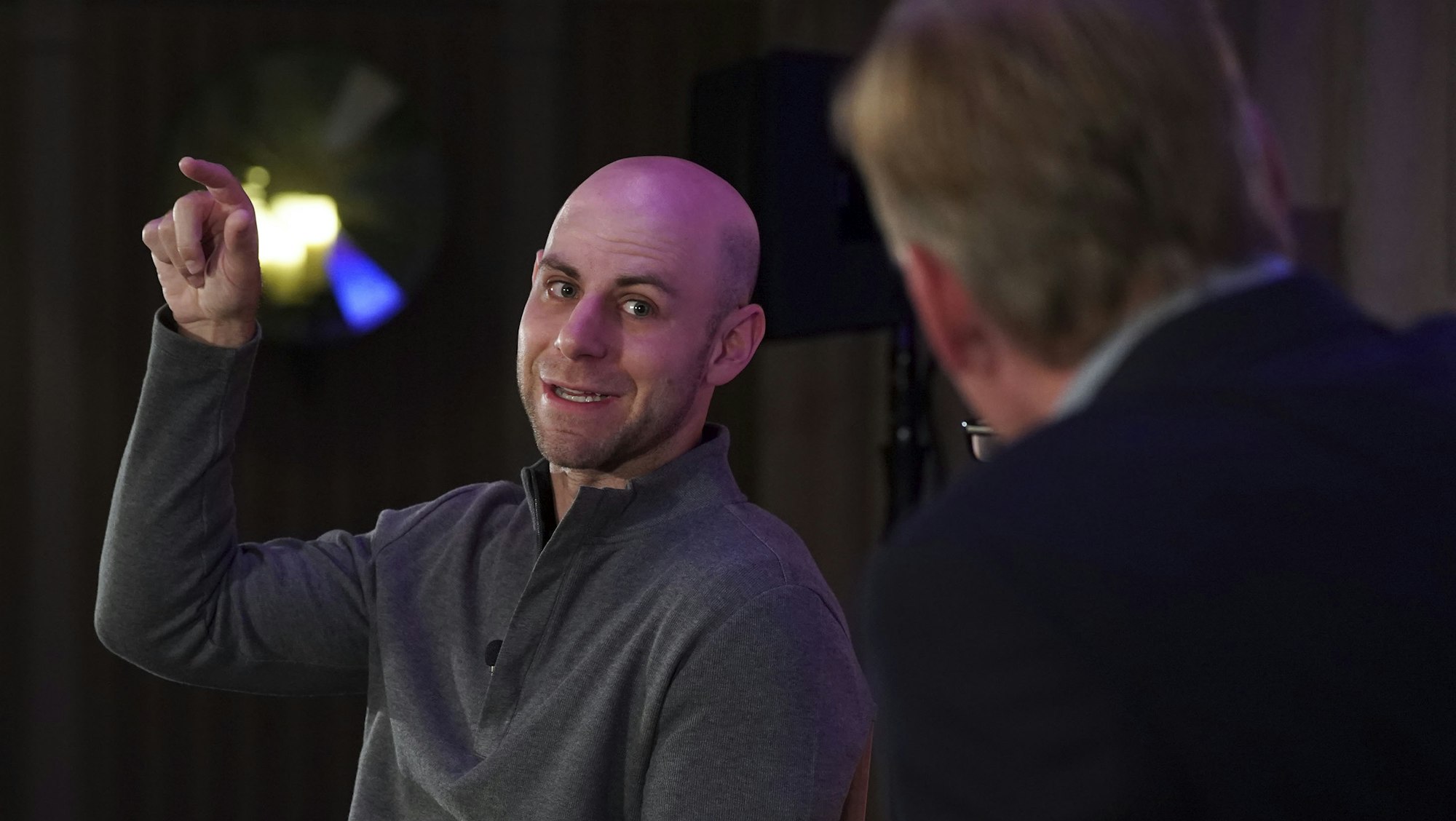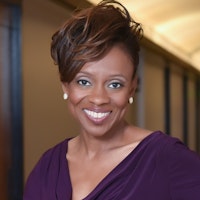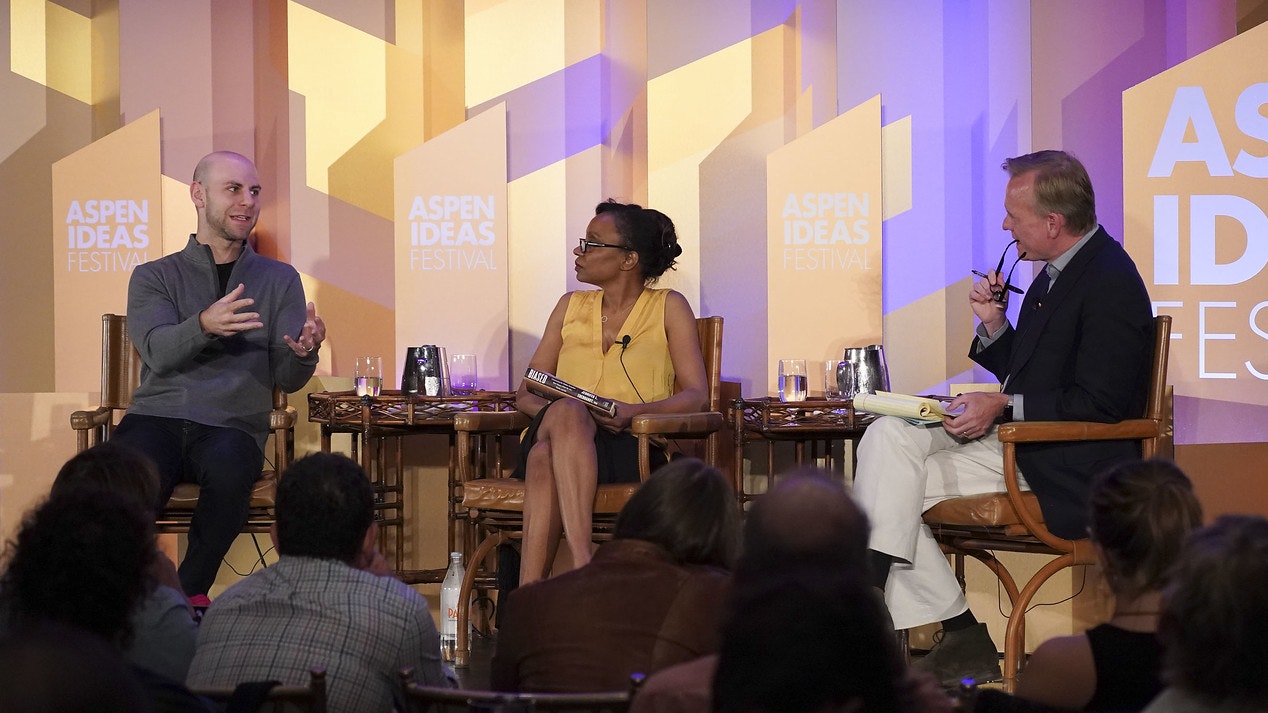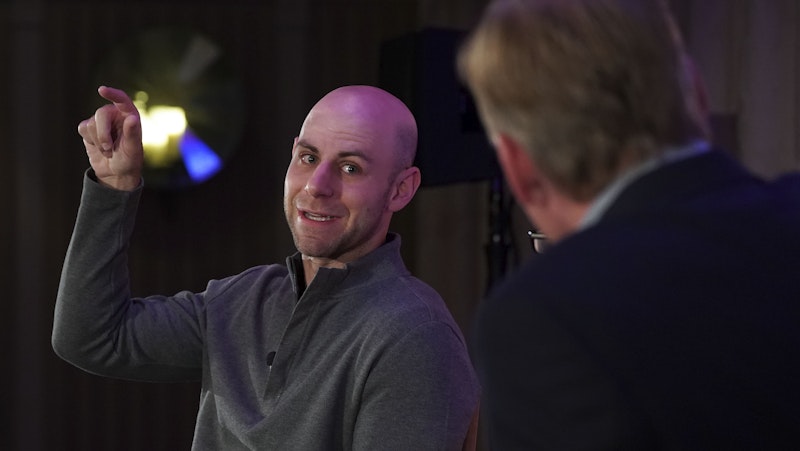
Humanization, Dehumanization and Other Things Psychologists Do
Setup
How can we overcome our own biases and stop seeing the worst in others? Psychologists and bestselling authors Jennifer Eberhardt and Adam Grant, along with CBS News’ John Dickerson, use cutting-edge research and examples from their own lives to discuss whether there’s hope for our schools and workplaces to bring out the better angels of our nature.
What’s the big deal about bias?
As a species, we are categorizers, and categories help us bring coherence to the world, explains Stanford psychology professor Jennifer Eberhardt. But as we’ve formed categories for humans and put different social groups into those categories, it opens the way for bias. Implicit biases are the beliefs and feelings we have about social groups that can influence our decision making and our actions, says Eberhardt, even when we’re not aware of it.
Did You Know?
A consequence of bias is that it makes it easier to dehumanize others and strip them of their individuality. Though the groups that are dehumanized and the ways in which they are dehumanized differ across time and location, the fact of dehumanization is universal, says Eberhardt.
Organizations like the ease of online training, but it’s not very effective
The major issue with online bias trainings is that they haven’t been systematically evaluated, and there aren’t agreed-upon metrics for evaluation, says Jennifer Eberhardt. Complicating things further, organizations have a range of motives and incentives for having trainings, and often these trainings don’t reach the people who need them the most. Watch Adam Grant, an organizational psychologist, explain a study he helped conduct to test the efficacy of different types of bias training in a large multinational company:
How can bias trainings be more helpful? We need more research on the conditions under which we act on our biases, says Eberhardt.
Why “colorblindness” just doesn’t work
Research shows that by the age of 10 years old, children have already received the message that you’re not supposed to ever mention someone’s race. It’s the colorblind message, says Jennifer Eberhardt, and it often serves to undermine and further marginalize the experiences of people of color.
Colorblindness simply doesn’t allow for accountability over our biases. And this is key, because “if we’re aware of the situations in which our biases are activated,” Eberhardt says, “we can shut it down.”
Is there anything we can do to shut down bias?
If you met someone from your hometown while you were in your hometown, you wouldn’t necessarily care or feel any affinity towards them. But if you met that same person while you were traveling in a foreign country, you would be instant best friends. This is the example Adam Grant uses when describing rare similarities, where you go beyond superficial similarities to find more meaningful connections with others. Rare similarities tend to overcome bias, says Grant.
Big IdeaI don’t think you have to feel other people’s feelings to care about their feelings.Adam Grant
There’s a sense that bias is individual, but bias really comes from our social environment, says Jennifer Eberhardt, and our institutions play a huge role in determining what those environments are. It’s not enough for organizations to just describe the problem, like having very few women and people of color in leadership roles, for example. “You need to reject the problem,” Adam Grant urges. “And say this is not okay. This is not acceptable.”
Learn More
Additional Information
Resources
Biased: Uncovering the Secret Prejudice that Shapes What We See, Think, and Do
WorkLife with Adam Grant: A TED original podcast
Explore More
Society


Being a parent today is full of stress, pressure and information overload. Experts offering advice are everywhere, and for some parents, the wealth of available resources can...

Capitalism has delivered prosperity for many, but not for all. Disparities according to gender, race, and geography have left millions behind, while rising concentrations of w...


The quest for work-life balance is never ending for many of us. The advice in this talk from the 2023 Aspen Ideas Festival still holds a lot of relevance, so we’re bringing it...


Living as a trans person in America comes with its share of challenges, which are sometimes even life-threatening. But some say it can also open up access to incredible freedo...

Global conflicts and health crises have put into stark relief deeply-ingrained gender roles in society. Yet the past years have also seen record-high numbers of women running...


Creativity is as intrinsic to our species as any of our basic instincts, says Debbie Millman, designer and curator. But for millions of people in the United States, the abilit...

The people in our lives shape who we are. But great relationships don’t just happen — they take care, intention, and ongoing effort. How do you know when to let go, adjust exp...


Advances in medicine and healthy living mean that more and more people will live to be 100. But just because their bodies can last doesn’t mean their bank accounts will keep u...


In the early days of cable television, there wasn’t a single network aimed at Black audiences. Sheila Johnson and her husband at the time saw an opening, and put all their hop...

Of course, Black history shouldn’t just be a month-long nod on our yearly calendar — it is inextricable from American history and fundamental to the very soul of our nation an...


Owning a professional sports team is not for the faint of heart. Results are volatile and wins and losses come with the strong emotions of a city’s fan base. But it’s a sound...


Looking around and experiencing the suffering and injustice in the world can make it difficult to believe that happiness exists. But the Judeo-Christian tradition teaches that...


This episode is from the 2022 Aspen Ideas Festival, but we’re bringing it back because it’s still as relevant as ever. Though it can sometimes feel like conflict and discord i...

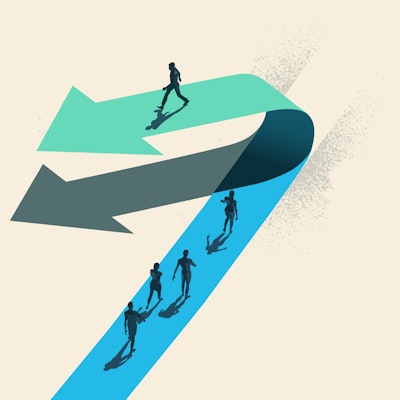
Sir Ken Robinson believed that as a society, we tragically underestimate and underutilize human ability. We create linear systems for our minds modeled on industry and manufac...
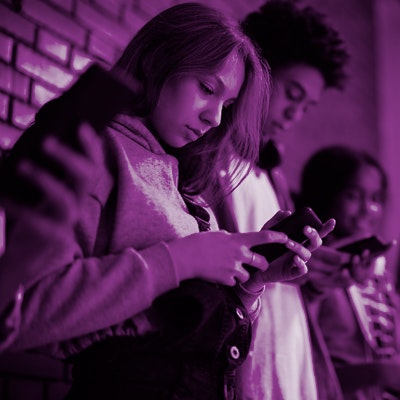

Young people in America are struggling. The causes are varied and may not be entirely clear, but the results are unfortunately unmistakable. Many of our youth feel lonely, iso...


Many more Americans are struggling to survive and make ends meet than is typically portrayed in the media and public policy debates. And when poverty is depicted, harmful and...

New York Times columnist and bestselling author David Brooks is known for bringing his thoughtful reflections on politics and culture, but at this year’s Aspen Ideas Festival,...

Jump in by watching our 15 most popular talks of all time. From black holes to jazz and civil rights to psychology hacks, we've collected the talks that remain audience favori...


America’s “second founding” came on the heels of the Civil War, when the architects of the 13th, 14th and 15th amendments thought long and hard about how to enshrine civil rig...

Finding the national and global headlines understandably bleak lately? Whether you need mental distraction or stimulation, engross yourself in compelling topics and get a gli...


